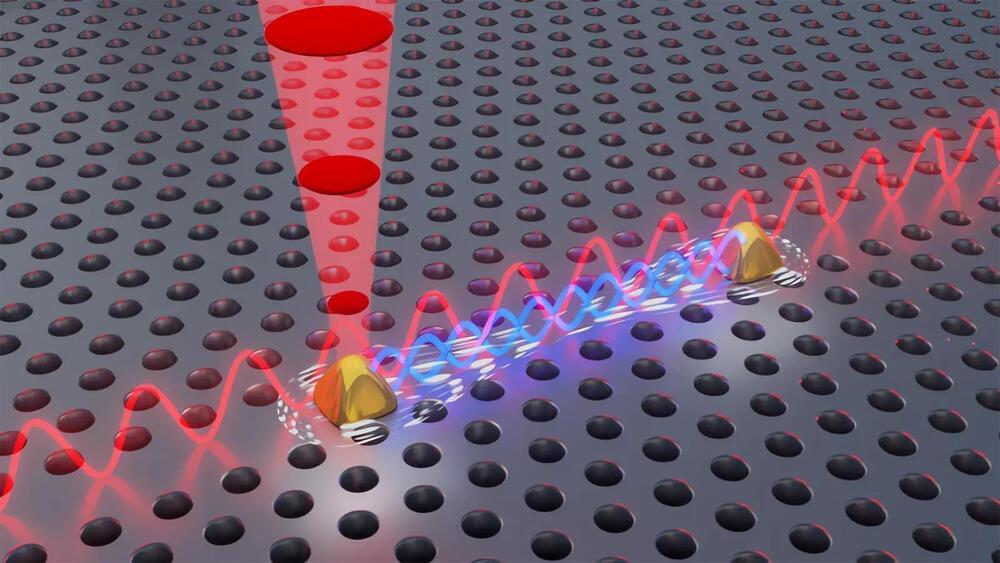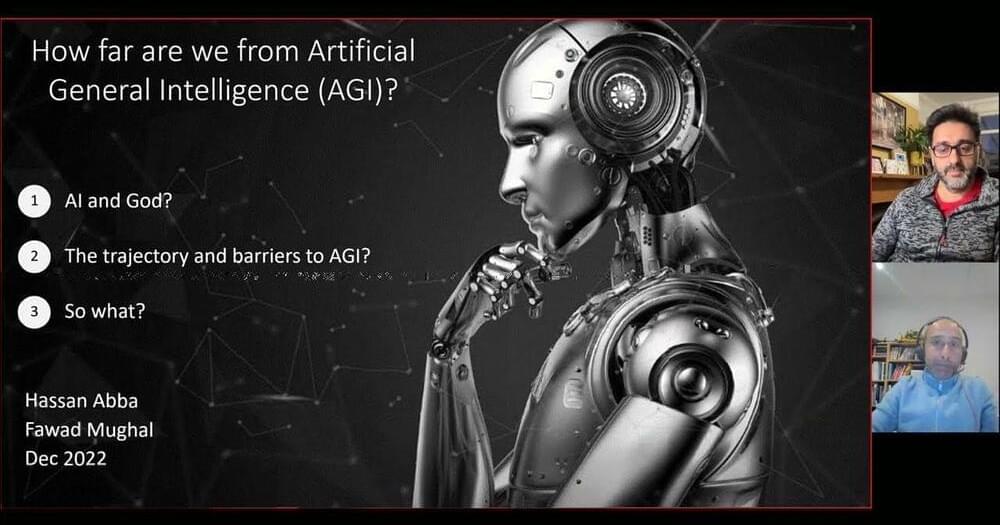
Reconfigurable antennas — those that can tune properties like frequency or radiation beams in real-time, from afar — are integral to future communication network systems, like 6G. But many current reconfigurable antenna designs can fall short: they dysfunction in high or low temperatures, have power limitations, or require regular servicing.
To address these limitations, electrical engineers in the Penn State College of Engineering combined electromagnets with a compliant mechanism, which is the same mechanical engineering concept behind binder clips or a bow and arrow. They published their proof-of-concept reconfigurable compliant mechanism-enabled patch antenna today (February 13, 2023) in the journal Nature Communications.
<em>Nature Communications</em> is a peer-reviewed, open-access, multidisciplinary, scientific journal published by Nature Portfolio. It covers the natural sciences, including physics, biology, chemistry, medicine, and earth sciences. It began publishing in 2010 and has editorial offices in London, Berlin, New York City, and Shanghai.





 Could we imagine a world where our minds are fused together and interlinked with machine intelligence to such a degree that every facet of consciousness is infinitely augmented? How could we explore the landscapes of inner space, when human brains and synthetic intelligence blend together to generate new structures of consciousness? Is it possible to interpret the ongoing geopolitical events through the lens of the awakening Gaia perspective?
Could we imagine a world where our minds are fused together and interlinked with machine intelligence to such a degree that every facet of consciousness is infinitely augmented? How could we explore the landscapes of inner space, when human brains and synthetic intelligence blend together to generate new structures of consciousness? Is it possible to interpret the ongoing geopolitical events through the lens of the awakening Gaia perspective?












